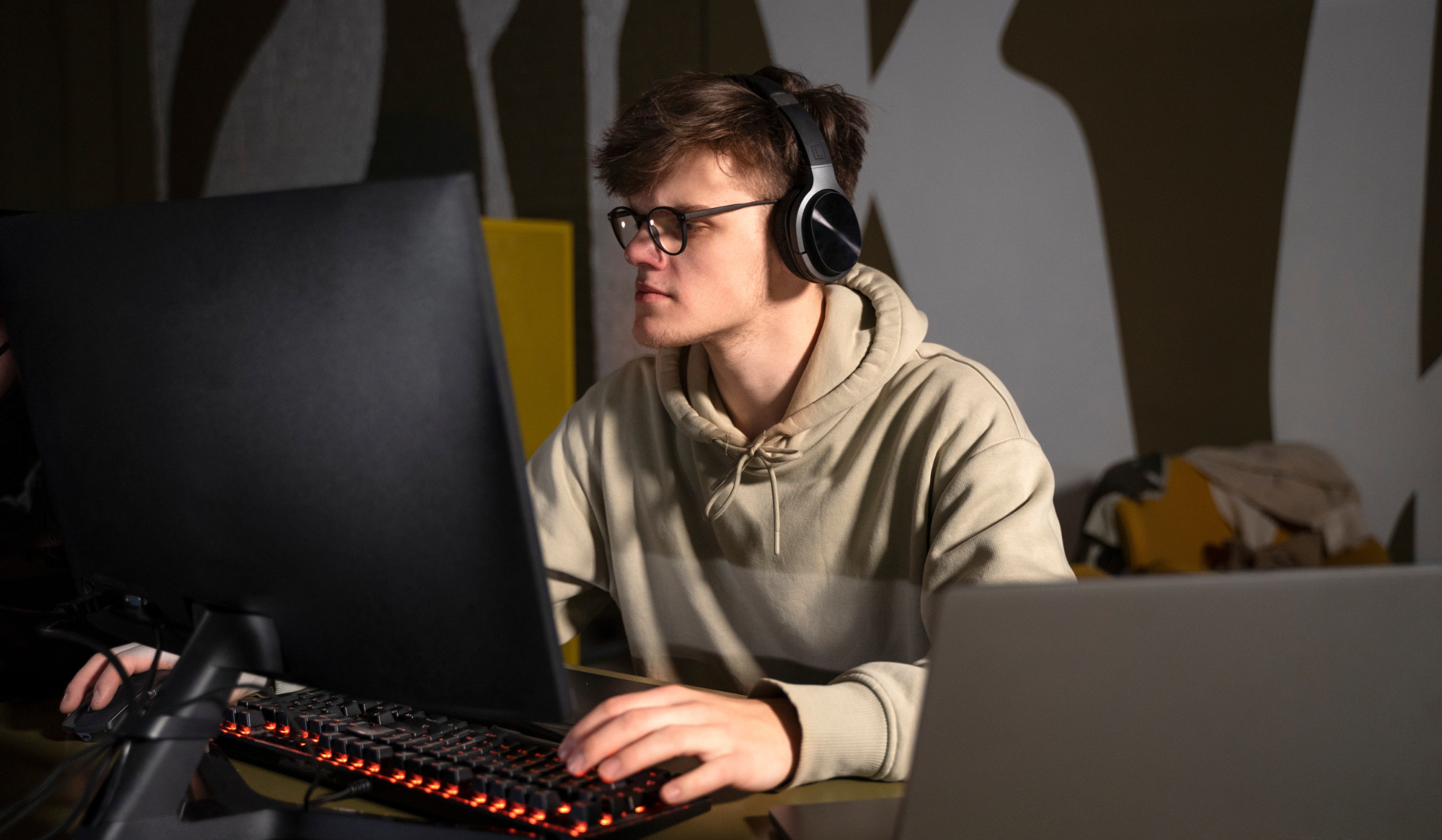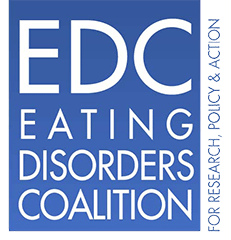In this digital age, screens are a part of daily life and for teenagers, this is especially true. Between smartphones, tablets, computers, and TVs, teens are glued to their devices. While screen time is necessary for school, the overuse of these devices has created a growing problem—screen addiction. This compulsive need to be on screens can have serious consequences for teens’ mental and physical health. As more parents and healthcare providers are recognizing the harm, understanding the risks and finding screen addiction treatment options is key.
At SunCloud Health, we have programs for teens dealing with various behavioral health issues, including screen addiction. Through our Partial Hospitalization Program (PHP) and Intensive Outpatient Program (IOP) we provide the tools and support teens need to get control of their screen use and address underlying mental health challenges.
Screen Addiction: Is It Real?
The term “screen addiction” has recently emerged and is being compared to other behavioral addictions like gambling. While not yet an official diagnosis in major psychiatric manuals, there is growing evidence that compulsive screen use shares many of the characteristics of addiction. Teens are especially vulnerable because of their developing brains and are more prone to the dopamine-driven reward cycle that technology offers.
Screen addiction in teens is an excessive preoccupation with screens—social media, gaming, streaming videos, browsing the internet—that begins to interfere with daily life. Just as with substance addiction, teens addicted to screens may experience withdrawal symptoms, irritability, and anxiety when they can’t get to their devices.
Why Are Teens So Hooked on Screens?
There are several reasons for the rise of screen addiction in adolescents:
- Instant Gratification: Whether it’s likes on social media or unlocking new levels in a game, teens are constantly rewarded with quick hits of pleasure when they’re on screens. This creates a feedback loop that reinforces the behavior and makes it harder for teens to log off.
- Escapism: For many teens, screens are a way to escape from school, family and social life. Online platforms allow them to create alternate identities or tune out their worries and the real world seems less appealing by comparison.
- Peer Pressure: Adolescents place a lot of importance on fitting in and much of their social lives now take place online. Fear of missing out (FOMO) drives them to stay connected and constantly check their devices to stay in the loop with friends and trending content.
With these factors in place, screens become a trap for teens and many feel they can’t moderate their use and become addicted.
The Effects of Screen Addiction
Screen addiction in teens can manifest in many ways and the effects often go beyond the immediate overuse of devices. Here are some of the biggest concerns:
- Mental Health Issues
Excessive screen time has been linked to a range of mental health problems in adolescents, including depression, anxiety, and feelings of loneliness. This is, in large part, because social media platforms showcase highly curated versions of reality, which can contribute to body image issues, low self-esteem, and constant comparison to others. Plus, the fast-paced content on TikTok and YouTube can overstimulate the brain and make it hard to focus on tasks outside of the digital world.
- Physical Decline
Prolonged screen time can also lead to physical problems. Eye strain, poor posture, and headaches are common side effects of spending too much time in front of screens. Teens who spend most of their time on devices also do less physical activity, which can lead to weight gain, poor cardiovascular health, and a sedentary lifestyle.
- Sleep Disturbances
One of the biggest side effects of screen addiction in teens is sleep disturbances. Many adolescents stay up late scrolling through social media, gaming, or streaming shows, which interferes with their ability to fall asleep. The blue light from screens also suppresses melatonin production, making it harder for teens to get a full night’s sleep. Over time, sleep deprivation can exacerbate mental health issues, impair cognitive functioning, and lead to irritability and difficulty concentrating in school.
- Academic Decline
Teens addicted to screens often struggle to keep up with their schoolwork. They may find it hard to focus in class or complete homework assignments and instead choose to be on their devices. As screen addiction gets worse, teens may start to skip school or neglect their studies altogether, which can lead to poor grades and performance.
How to Recognize Screen Addiction
Parents and caregivers should recognize the signs early. Here are the common symptoms of screen addiction in teens:
- Compulsive Use: Teens feel the need to be on their devices and neglect important tasks or activities to spend more time online.
- Withdrawal: When their screen time is limited or taken away, they become irritable, anxious, or even angry.
- Social Isolation: Teens withdraw from face-to-face interactions and prefer virtual connections, which leads to breakdown of family relationships and friendships.
- Neglect of Responsibilities: Adolescents forgo basic responsibilities like schoolwork, chores, and personal hygiene to spend time on screens.
- Mood Swings: Teens with screen addiction experience mood swings, especially if they can’t get to their devices.
If you see these symptoms, address it before it gets worse. Screen addiction treatment can help teens break the cycle and get back to balance in their lives.
How to Break Screen Addiction in Teens
Breaking screen addiction requires a comprehensive approach, a combination of behavioral therapy, family involvement, and structured support. At SunCloud Health, our programs for adolescents help teens overcome their screen dependence while addressing underlying mental health issues that may be contributing to their addiction.
Partial Hospitalization Program (PHP)
Our PHP provides an intensive treatment environment for teens who need structured support throughout the day but can go home in the evenings. Teens in the PHP program attend individual therapy, group therapy, and family counseling sessions. This holistic approach helps teens understand the root causes of their addiction and develop healthier coping mechanisms.
Intensive Outpatient Program (IOP)
For teens who need more flexibility, our IOP offers several hours of therapy a week so they can continue their schooling while getting treatment. The IOP helps teens develop self-awareness, improve their relationship with technology, and get balance back to their daily lives.
SunCloud Health’s Approach to Screen Addiction Treatment
At SunCloud Health we take a whole person approach to treating screen addiction in teens. Our Cognitive Behavioral Therapy (CBT) sessions help adolescents identify the negative thought patterns that drive their compulsive screen use. Through CBT, teens learn to manage triggers, reduce impulsivity, and practice mindfulness, which can help them get back in control of their screen time.
We also emphasize the importance of family involvement in the recovery process. Screen addiction doesn’t just affect the teen it affects the whole family unit. Our family counseling sessions help improve communication, set healthy boundaries around technology use and rebuild trust. By working together, families can create an environment that supports long-term success.
Get Your Life Back
Screen addiction can have long-term effects, but with the right help teens can overcome their screen dependence and get back to a healthy balanced life. At SunCloud Health, we help adolescents break free from screen addiction through our PHP and IOP programs. Our team of experts provide the tools and strategies teens need to get back in control of their screen use, improve their mental health, and restore their relationships.





